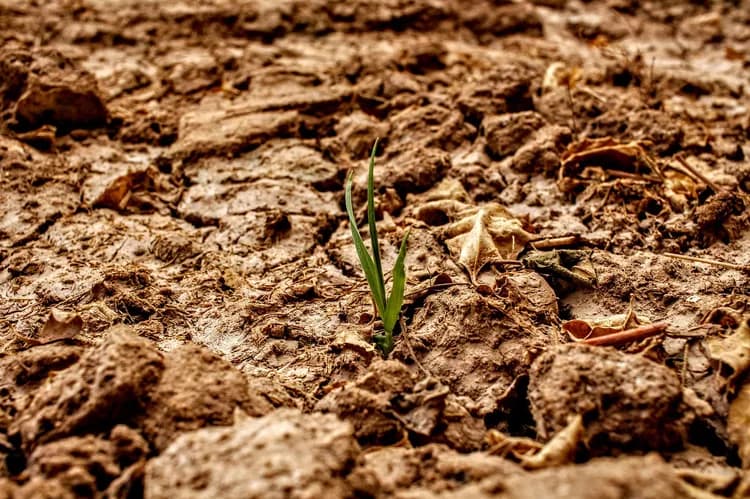
Climate Change Linked To Spread Of Diarrheal Illness
Temperature, day length and humidity have been found to be linked to the increased spread of a diarrhoeal illness a new study from the University of Surrey reveals. The findings could help predict further outbreaks of the illness, potentially leading to better preparedness within health services.
During this unique study, researchers led by Dr Giovanni Lo Iacono, investigated the impact of weather on the transmission of campylobacteriosis, a bacterial infection which can cause diarrhoea and stomach pains. According to the World Health Organisation, Campylobacter infections are the most common causes of human bacterial gastroenteritis in the world. Infections are generally mild, but can be fatal among very young children, elderly, and immunosuppressed individuals.
Dr Giovanni Lo Iacono, Senior Lecturer in Biostatistics and Epidemiology, in the School of Veterinary Medicine at the University of Surrey and who contributed to the recent UKSHA Health Effects of Climate Change, said:
“Since Hippocrates, there has been a large consensus that weather and climate influence the spread of diseases. Getting to the bottom of why this is and what specific environmental factors drive the spread of disease is a complicated matter and not fully understood. We now have a detailed description of how the weather affects the disease, and the next step is to understand the why. Importantly, through our transparent and conceptually simple approach, we can now tell the risk of getting the disease when we know the recent local weather.
“This information is invaluable, as illnesses such as campylobacteriosis not only cause discomfort to individuals, but have enormous societal impacts, with people having to call in sick to work and puts extra pressure on health services across the world.”
To determine if weather impacts incidences of campylobacteriosis, researchers analysed data from approximately one million cases of campylobacteriosis in England and Wales over a 20-year period from UKHSA. An innovative mathematical model was developed by the team enabling them to compare this data provided by the Met Office with weather parameters at the time.
Analysis of this data showed incidences of campylobacteriosis were consistent below temperatures of eight degrees Celsius. However, a sharp increase in infection (approximately one case per million) were observed for every five degree rise in temperature, where temperatures were between eight to 15 degrees Celsius. A link to humidity was identified by the team who also observed high incidents of infection when levels of water vapour in the air were between 75- 80 percent.
Interestingly, researchers observed strong associations between day length (longer than 10 hours) and increased cases of the illness. This association was further strengthened when humidity was also high. Rainfall and wind- speed were not strongly linked to the spread of campylobacteriosis.
Dr Lo Iacono, added:
“What we have found is that rising temperatures, humidity and increased day length are associated with the spread of campylobacteriosis. We do not fully understand why this may be. It could be that warm weather increases the survival and spread of pathogenic bacteria (so the weather causes the disease) or alternatively it could be people’s behaviour and how they socialise during such periods.
“However, what we do know is climate change not only has an environmental impact but has the potential to negatively affect our health by aiding the spread of infectious diseases.”
Gordon Nichols, a visiting Professor at the University of Surrey, said:
“Environmental data can help us understand complex patterns in the spreads of diseases. Having this knowledge is invaluable as it can help us identify areas vulnerable to potential outbreaks and ensure they have the resources available to treat people affected and to curb the spread of disease into other areas.”
This study was published in the journal PLOS Computational Biology (Link will be live when paper is published)
Notes to editors
Dr Giovanni Lo Iacono is available for interview on request
For more information please contact mediarelations@surrey.ac.uk
DOI
10.1371/journal.pcbi.1011714
METHOD OF RESEARCH
Computational simulation/modeling
SUBJECT OF RESEARCH
People
Related Articles
Test Your Knowledge
Asked by users
Related Centers
Related Specialties
Related Physicians
Related Procedures
Related Resources
Join DoveHubs
and connect with fellow professionals

0 Comments
Please log in to post a comment.